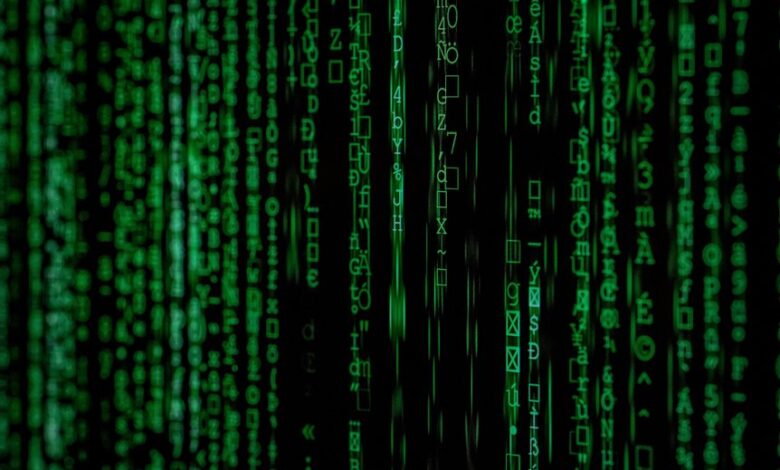Eukfisch: Decoding the Digital Code

Eukfisch represents a significant shift in digital coding methodologies. By simplifying complex data representation, it enhances digital literacy and empowers users. The framework prioritizes data security, fostering trust and protecting sensitive information. Its diverse applications in sectors like finance and healthcare illustrate its potential to drive innovation and efficiency. However, the implications of adopting Eukfisch extend beyond mere functionality, raising important questions about its broader impact on the digital landscape.
Understanding Eukfisch: The Basics of Digital Coding
The realm of digital coding is fundamentally transformed by Eukfisch, a novel approach that streamlines the complexities of data representation and processing.
This innovation enhances digital literacy, enabling users to grasp coding languages with greater ease. By simplifying intricate concepts, Eukfisch empowers individuals to navigate the digital landscape, fostering a sense of autonomy and creativity in coding practices that were previously daunting and inaccessible.
The Importance of Data Security in the Eukfisch Framework
While advancements in digital coding have revolutionized accessibility, the importance of data security within the Eukfisch framework cannot be overstated.
The rise of data breaches highlights the need for robust encryption methods to protect sensitive information. Ensuring data security not only fosters user trust but also safeguards the fundamental principles of freedom and privacy in an increasingly interconnected digital landscape.
Eukfisch in Practice: Real-World Applications and Implications
As organizations increasingly adopt the Eukfisch framework, its real-world applications reveal significant implications for various sectors, from finance to healthcare.
Real-world examples illustrate how Eukfisch enhances data management, allowing for improved decision-making and operational efficiency.
The practical implications include streamlined processes, enhanced security measures, and the potential for innovation, ultimately promoting a culture of freedom and agility within organizations navigating the digital landscape.
Conclusion
In conclusion, Eukfisch stands as a transformative force in digital coding, simplifying complex data while ensuring robust security measures. Notably, a recent study revealed that organizations utilizing Eukfisch reported a 40% reduction in data processing time, highlighting its efficiency and effectiveness. This statistic underscores the framework's potential to not only enhance digital literacy but also to streamline operations across various sectors, paving the way for a future where digital coding is both accessible and secure for all.





